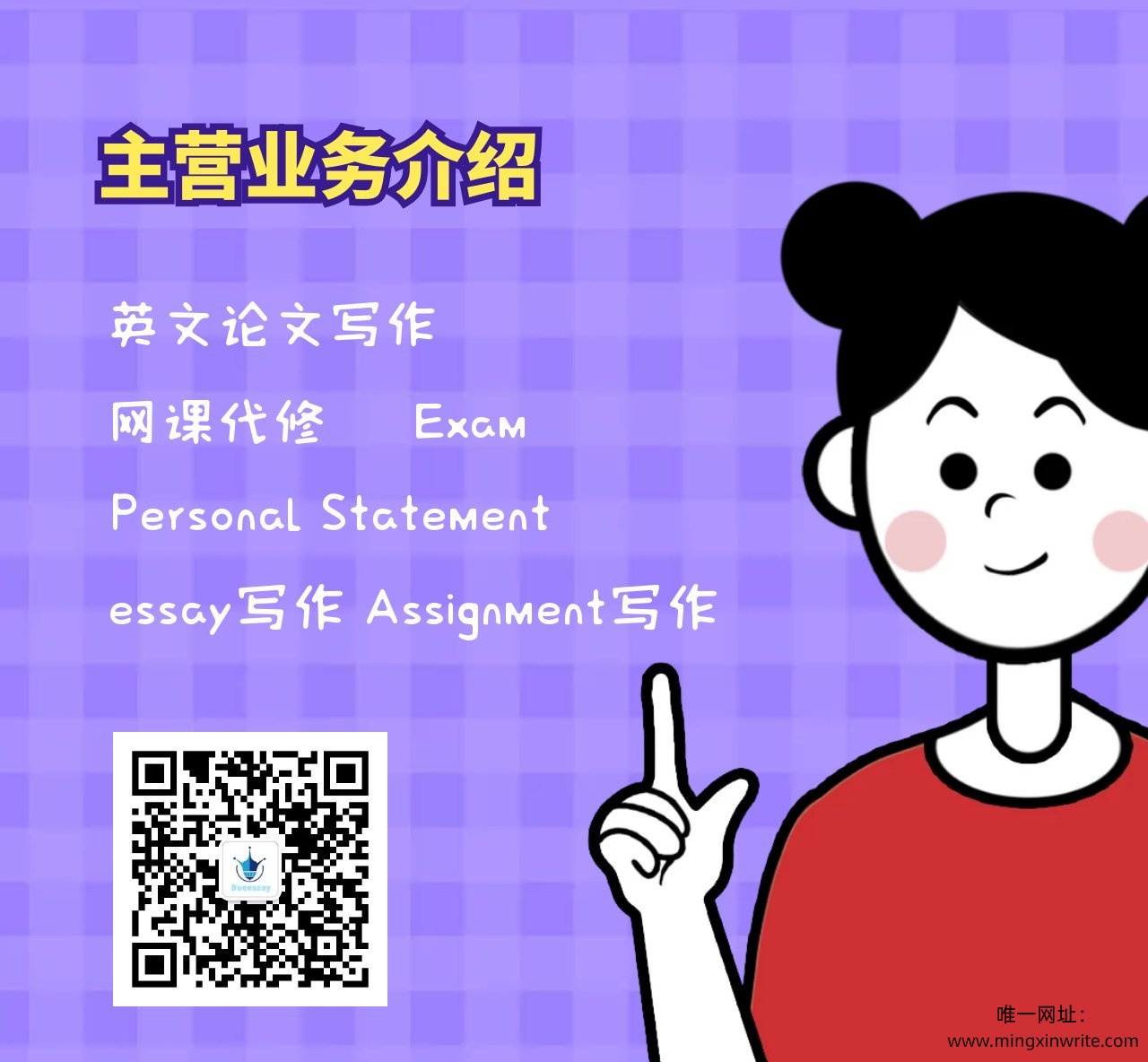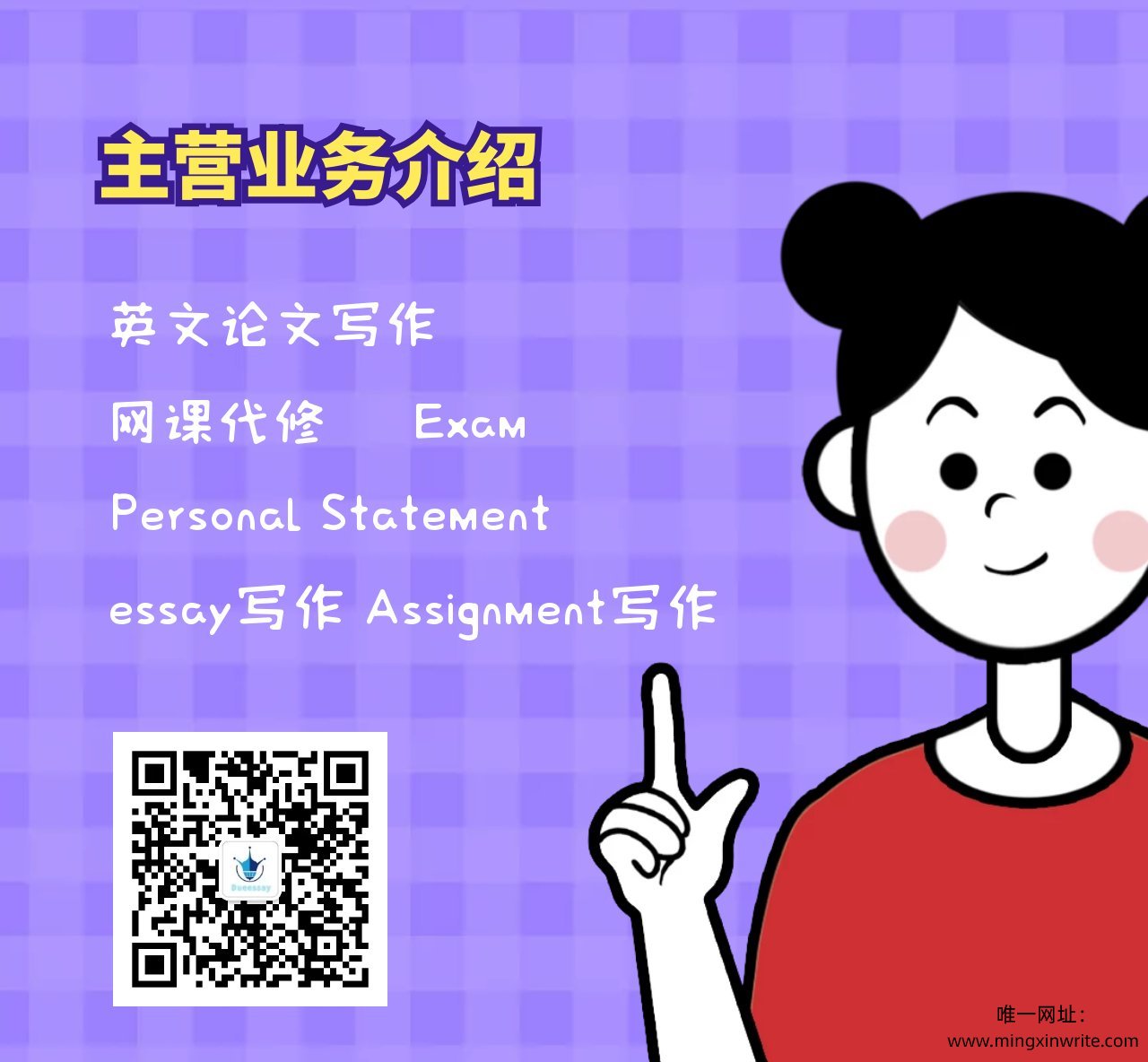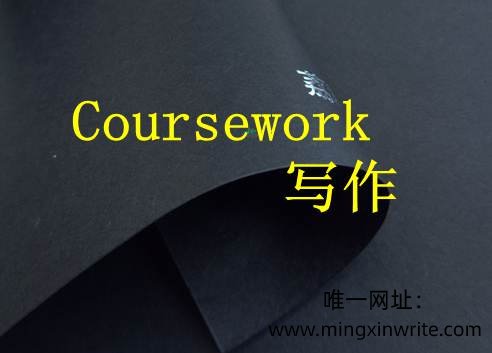发布时间:2020-06-06 热度:
The way World War I changed the world
Politically, firstly, rivalry between the victors and the defeated was not eliminated because the end of the war. Rather, the victors made efforts to strip German of its military power and territory in the treaty, creating bitterness and betrayal, which laid the foundation for the Second World War. Secondly, the war pushed up the number of wounded civilians and soldiers and lead to revolution. In Russia, the communist party overturned the provisional government which persisted to continue the war, which leaded to the birth of the first communist party and the rivalry between the capitalism countries and communist countries in the mid and late 20th century. Thirdly, many of the participant countries had oversea colonies and the war weakened their control on their colonies, which created objective conditions for those colonial countries to win independence. On the other hand, nominally, according to treaty, the defeated countries’ colonies were taken over by the victor countries “until they were judged ready for independence”. However, actually, the treaty was merely redistributing the colonies among the capitalism countries. For instance, in China, the Germany colony Tsingtao was taken over by Japan, which provided facility with Japan to invade China in the Second World War.
Economically, since many civilians and famers were recruited and died in the battle field (8.5 million soldiers died and 21 million were wounded), and those who were not died in the battle field were threatened by starvation, disease, and slaughter. As a result, farmland was destroyed and houses were desolated because of the death of farmers and civilians. In addition, since many of the factories were transformed into military production, goods and materials for civil use were in shortage, which pushed up the inflation rate, subjecting people to poverty and helplessness. Nonetheless, America and Japan profited from this war. By exporting weapons and goods to the participant countries, America earned large amount of trade surplus. From June of 1914 to June of 1917 America had exported 6.9 dollars of goods, and which strengthen its pace to dominate to world economy. Just as what has been mentioned above, Japan took over China’s Tsingtao in the name of the League of Nations and profited from exploiting natural resources in the colony.
Socially, firstly, unprecedented casualties caused social trauma. Soldiers who survived in the battle field were psychologically ill. Civilians, though did not saw the front, were overwhelmed by the sadness of the society as a whole, desiring long-lasting peace and showing aversion to war. This was characterized by the fact that, in the beginning of the Second World War, France was reluctant to mobilize their people to take part in to war for self-defense, which gave facility to Germany to defeat it in merely 40 days. Secondly, some technology and science surged in the war for military use, such as jetfighters, technology for naval vessels and medicine were transformed into civil use. To this extent, the society did benefit from the war. Thirdly, weapons unused or unexploded in to war were buried into the soil or dumped into the sea, which threatened the civilians and environment. It is said that more than 124,000 tons of gas were produced by the end of World War One and most of the unused German chemical weapon Warfare agents were dumped into the Baltic Sea. Thus, it was devastating to the society and environment.
In conclusion, politically, economically and socially, the First World War was changing the world landscape and people’s psychology. The world was more tightly linked together and globalized in a rapid pace.







